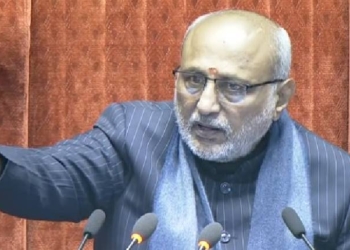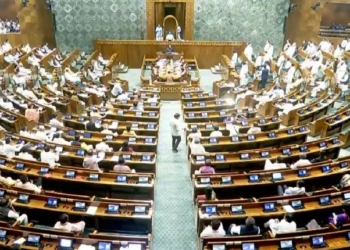New Delhi: The Supreme Court has dismissed a review petition filed against its January 3 verdict refusing to form any SIT or group of experts to conduct an investigation into the Adani-Hindenburg controversy.
After perusing the review petition, a bench, headed by CJI D.Y. Chandrachud, said that there was no error apparent on the face of the record.
“No case for review under Order XLVII Rule 1 of the Supreme Court Rules 2013. The review petition is, therefore, dismissed. Pending applications, if any, stand disposed of,” added the Bench, also comprising Justices J.B. Pardiwala and Manoj Misra.
In a detailed order passed on January 3, the Supreme Court had said that reports prepared by third-party organisations such as the Organized Crime and Corruption Reporting Project (OCCRP) and Hindenburg Research cannot be regarded as “conclusive proof”.
It had said that the reliance placed by PIL litigants on newspaper articles or reports by third-party organisations “does not inspire confidence” to question the comprehensive investigation undertaken by the SEBI.
The SC said that the facts in the case did not warrant a transfer of investigation from the SEBI and asked the market regulator to take its investigation to a logical conclusion in accordance with the law.
The top court cautioned against the use of unverified and unrelated material in the filing of public interest litigations (PILs), adding that pleas lacking adequate research and relying on unverified and unrelated material tend to be “counterproductive”.
However, the Supreme Court had asked the Central government to constructively consider the suggestions made by the expert panel headed by former apex court judge Justice A.M. Sapre.
“The Government of India and SEBI will take any further actions as are necessary to strengthen the regulatory framework to protect investors and ensure the orderly functioning of the securities market,” it said.
The apex court had asked SEBI and other investigative agencies of the Union government to probe into allegations of short selling resulting in loss of investors’ value.
(IANS)














